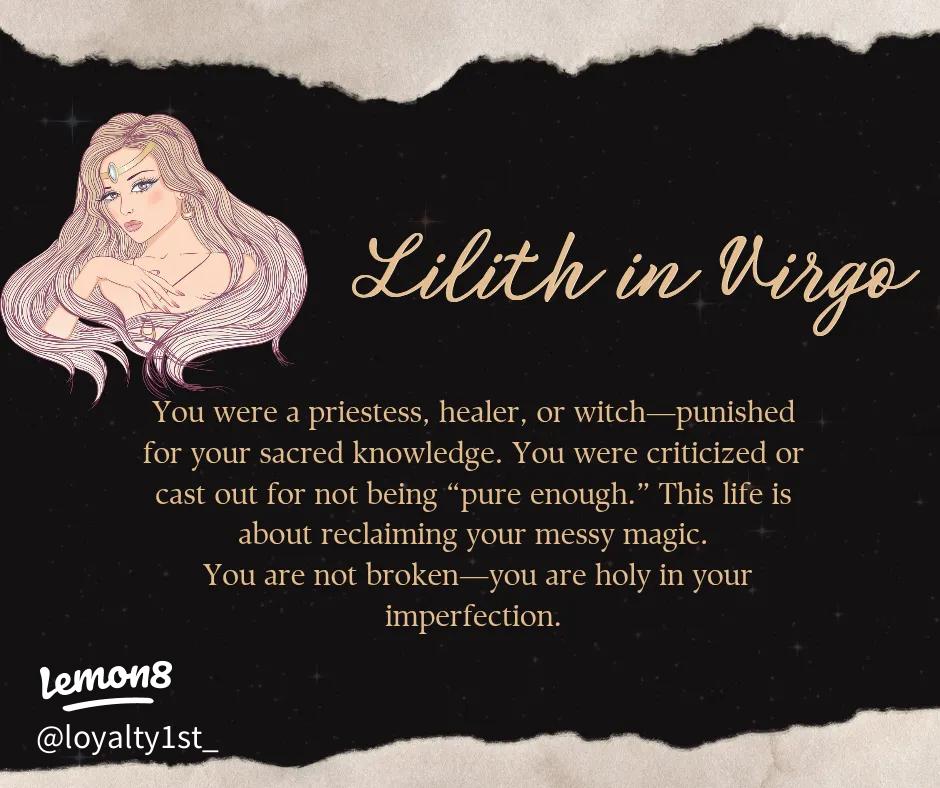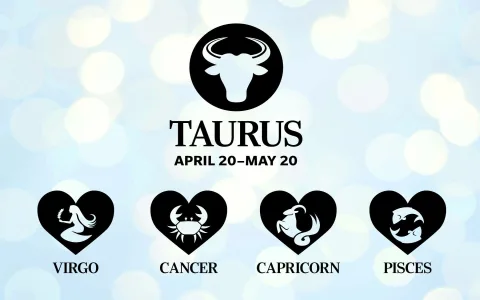The Wall I Crashed Into: Admitting I Was the Problem
Listen, I’m going to be straight with you. For years, I truly believed my relentless drive for “perfection” was my superpower. I’d brag about my attention to detail. I’d laugh off missed social events because I was “just finishing up the final polish.” I thought it was commitment. Turns out, it was just crippling fear wearing a fancy Virgo outfit.
The realization didn’t come gently. It hit me like a train, frankly. I was pitching for this huge consulting contract, the kind that could fund my little operation for two years solid. I slaved over the proposal for five weeks. Five weeks! My competitors took maybe two, three tops. I was polishing the commas, redesigning the slide deck font, and rewriting the introduction because it needed to “sing.” I convinced myself that 99% wasn’t enough; it had to be 100% flawless.
Guess what? I lost the contract. Not because the core strategy was weak—it was solid—but because I missed the final submission deadline by four hours. I literally had the presentation in my hand, but I was still trying to adjust the kerning on the CEO’s name on slide two. They didn’t even look at it. The sheer incompetence of my self-sabotage floored me.

That night, I dove deep into why I always did this. Why was the fear of “good enough” so overwhelming? That’s when I stumbled onto the Lilith in Virgo stuff. I’m not saying I’m a full-on astrologer now, but the description hit home: the shadow side of Virgo isn’t just organization; it’s severe, unforgiving self-criticism that morphs into paralysis. It’s the belief that if you don’t deliver perfection, you are fundamentally flawed. I admitted it: I wasn’t perfecting the work; I was delaying the judgment.
Building the Imperfect System: My Three-Step Recovery Process
I realized I couldn’t just tell myself to stop being a perfectionist. My brain was hardwired for it. I needed an external system, something that physically forced me to ship things before they were “ready.” I called it the 80% Rule, and here’s how I implemented it:
Step 1: The Ugly Draft Sprint (Killing the First Draft Demon)
The biggest hurdle was the initial quality trap. I used to spend hours on the first paragraph, trying to make it perfect, which made the whole process agonizingly slow. I changed the rules entirely. Now, every single project, be it a report, a coding module, or a new meal plan, must have an “Ugly Draft” created in under three hours.
- I set a timer and wrote in the worst font I could find (Comic Sans, usually).
- I banned backspacing. If I made a mistake, I just kept going. The goal was volume and completion, not quality.
- I committed to treating this draft like garbage. It was a pressure valve. I successfully proved that even a terrible, rushed draft is still 100% further along than a blank screen.
Step 2: The Radical Hand-Off (Seeking Early Exposure)
The Virgo shadow loves secrecy—polishing in isolation until the Big Reveal. I needed to shatter that privacy. Once I finished the Ugly Draft (or hit 80% completion on the total project), I immediately pushed it out for feedback. This was agonizing initially. Every cell in my body screamed, “Wait, it’s not ready!”
But here’s the kicker: I didn’t send it to the client yet. I roped in a friend or a trusted colleague—someone whose input I respected but who wouldn’t judge my messy process. I forced them to look at the half-baked product. This served two purposes: first, the feedback was usually practical and pointed out flaws I hadn’t even considered. Second, simply showing the work meant the pressure to be 100% was lifted. Once someone else saw it, the psychological weight of solo perfectionism vanished. I stopped caring about the font and started caring about the function.
Step 3: Defining Done (The Non-Negotiable Deadline)
I used to define “done” as “when I feel it’s perfect.” That’s a trap because “perfect” is a moving target. I introduced a hard stop. For any deliverable, I assigned a concrete “Ship Date” that allowed for only two rounds of review and a maximum of four hours of final tweaking. Once the clock ran out, the project was exported, sent, or uploaded, no matter what. The goal was to train my brain that the penalty for missing a deadline (losing a contract, like before) was far worse than the perceived shame of a minor flaw.
The Outcome: Trading Anxiety for Momentum
The shift has been massive. I still notice the critical voice—that Lilith whisper telling me the presentation could be better, the code cleaner. But now, I have a counter-routine. I acknowledge the voice, thank it for trying to keep standards high, and then I look at the clock. Did I hit 80%? Did I get early feedback? Is the Ship Date here?
My output has probably tripled in the last year. I’m producing better work, not worse. Why? Because the time I used to spend agonizing over the final 15% (which no one ever notices) is now spent on starting the next project. I learned to trust the process, not the feeling. You don’t need perfection; you need momentum. And mastering your Virgo traits means knowing when to stand down and let “good” go out and do its job.







